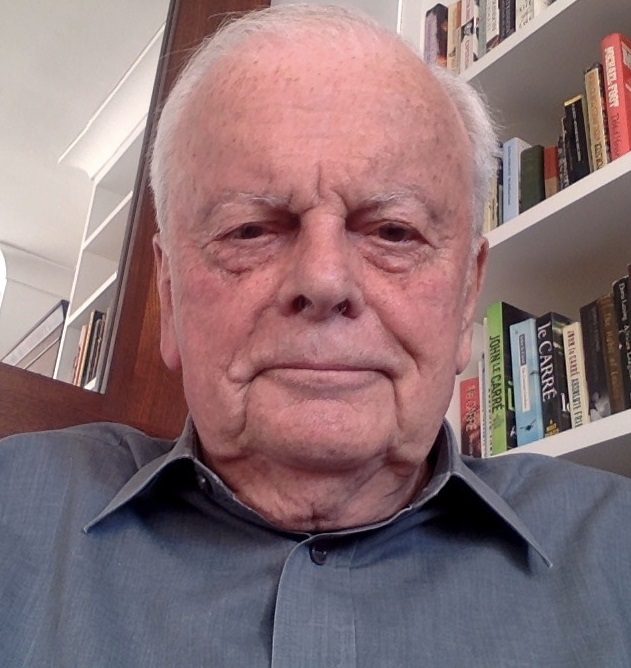NIS International Research-to-Practice Conference
Inspirational Speakers

Keynote Speakers
Michael Young
Michael Young is Emeritus Professor of Sociology of Curriculum at UCL Institute of Education, United Kingdom, and has been awarded honorary and visiting professorships in the United Kingdom, China, South Africa and New Zealand.
He first joined the UCL Institute of Education in 1967. In 1971, Prof. Young published his landmark title, ‘Knowledge and Control: New directions for the sociology of education’. Following the publication of ‘The Curriculum of the Future’ (1998), his key work on the sociology of knowledge, ‘Bringing Knowledge Back In’ was published in 2007 and would win second prize in the Society for Education Studies Book of the Year Awards. ‘Bringing Knowledge Back In’ marked a transition from the social constructivism of his earlier writings to a social realism that recognised the emancipatory potential of ‘powerful knowledge’. In 2016, these ideas were expanded in ‘Curriculum and Specialisation of Knowledge’ written together with Johan Muller. In 2017, Prof. Young celebrated fifty years at the UCL Institute of Education in an event entitled, ‘Knowledge and the Future of Education’, with a festschrift, ‘Sociology, Curriculum Studies and Professional Knowledge: New Perspectives on the Work of Michael Young’ edited by David Guile, David Lambert, and Michael J. Reiss, being published in honour of his contribution to the sociology of education.
X NIS International Research-to-Practice Conference, 25-26 October 2018: Keynote Speech
What is powerful knowledge?
Powerful knowledge(PK) began as one of a pair of related concepts- the other is Knowledge of the powerful(KOP). The two concepts are two ways ways of thinking theoretically about the curriculum of any education system or institution. Powerful Knowledge focuses on how knowledge in the curriculum is specified and what powers it gives those who acquire it. Knowledge of the powerful focuses on who in a nation decide what is to be included/excluded from the curriculum at any level of education. It maybe a government or an individual school. The concept of powerful knowledge was picked up by policy makers as a way of describing what knowledge should be included in a curriculum. The focus of our work has been in two stages. One has been to specify the characteristics of powerful knowledge- for example: • It is differentiated from experience • It is specialized – in disciplines and subjects. • It refers to (a) sets of concepts with varying degrees of coherence, and (b) communities of specialists who research and develop the concepts of a discipline/subject and how they are used. • It varies according to the domain and the methods involved. For example there is much more agreement among specialists in the natural sciences than among specialists in the social sciences, humanities and arts. The second stage is to explore the form powerful knowledge might take when it becomes part of the work of a school and the relationship between curriculum and pedagogy. Various models are currently being tried. Why is it important for all students to gain access to powerful knowledge? 1. We argue that specialized knowledge (in Basil Bernstein’s terms) can give access to ‘thinking the unthinkable and the not yet thought’ and that this should be a right of all children. 2. It is for this reason that powerful knowledge should be the basis of the curriculum for students up to 16 and should remain a part of the curriculum for all vocational programmes. Key references Michael Young Bringing Knowledge Back In, Routledge 2007 Michael Young and David Lambert Knowledge and the Future School, Bloomsbury 2014 Michael Young and Johan Muller Curriculum and the Specialisation of Knowledge, Routledge 2016 Michael Young (c) UCL IOE May 2018
